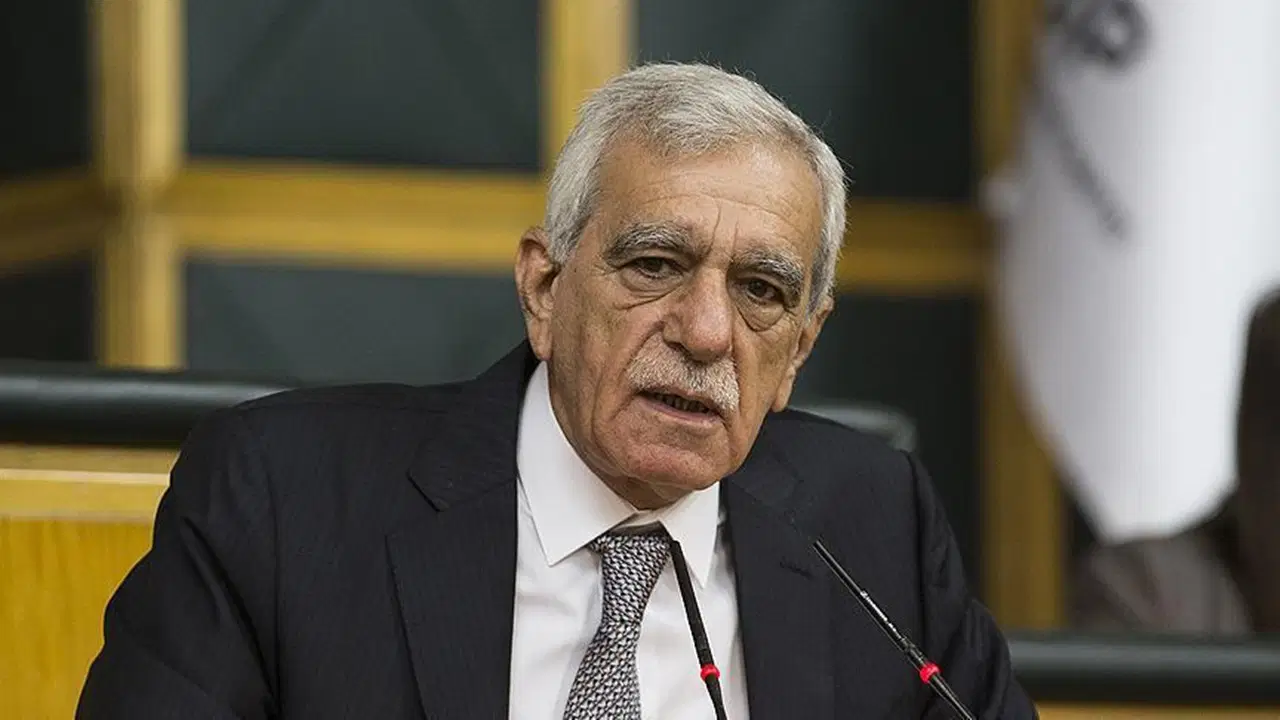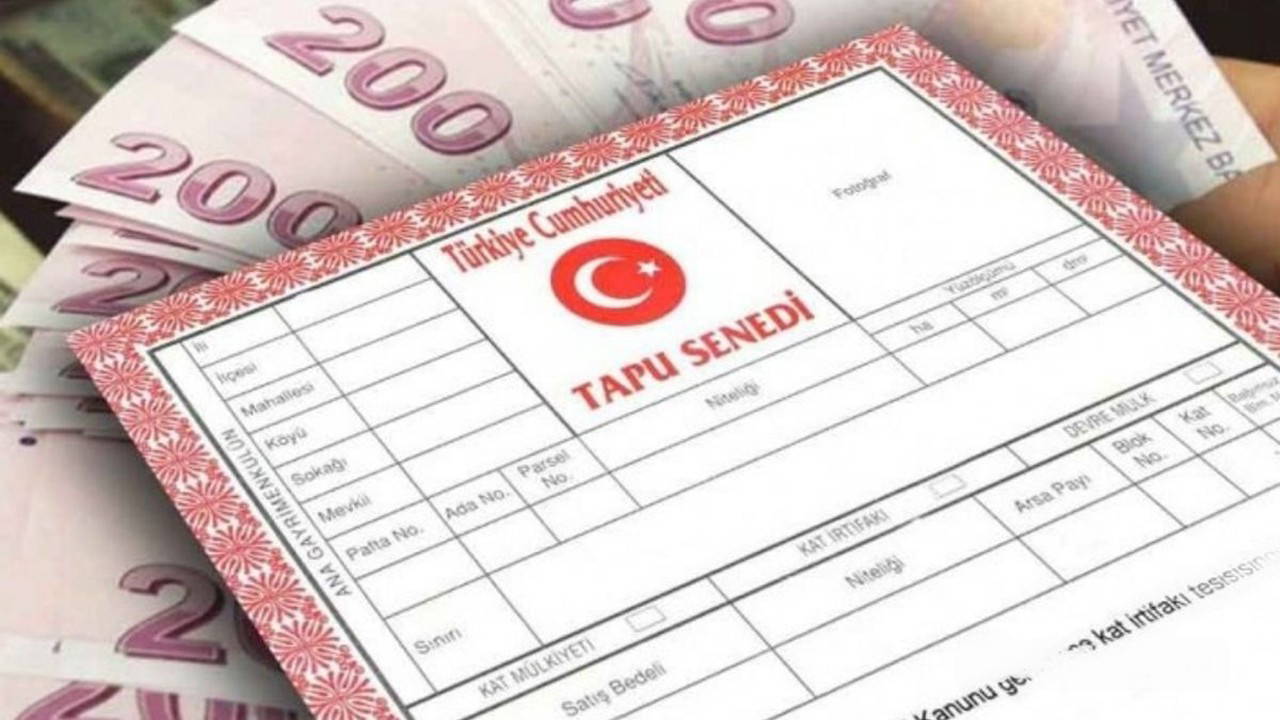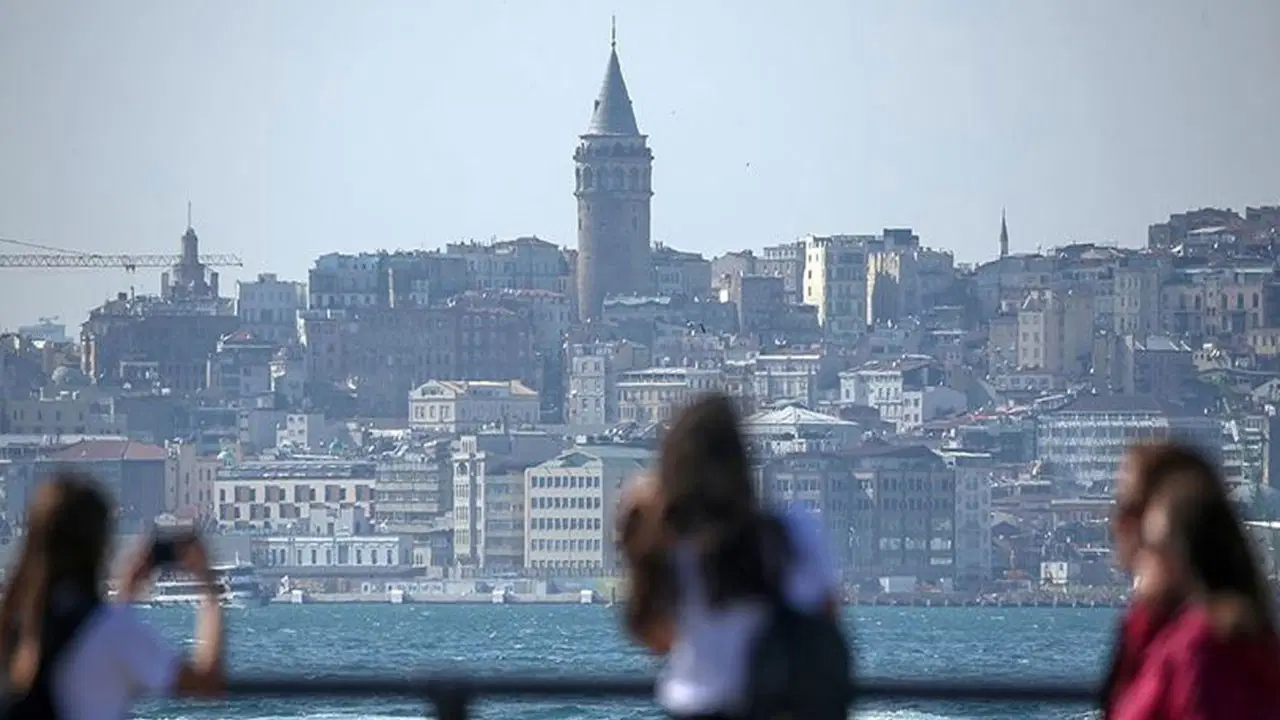Kemal Göktaş
Cumhuriyet newspaper’s lawyers have applied to the European Court of Human Rights (ECHR) on behalf of Cumhuriyet’s columnists and managers who have been remanded in custody, with reports and articles in the newspaper cited as grounds, for a ruling ordering their release.
In the application, in which it is stated that nine of our paper’s columnists and managers were remanded in custody on 5 November 2016, while our Executive Board Chair Akın Atalay was remanded on 12 November on his return from abroad, it is recalled that objections made to the remand order have been dismissed. It is stressed in the application that their application documents submitted to the Constitutional Court on 26 December 2016 have not even secured an application number confirming receipt. The ECHR is requested to examine the application with priority and to rule that there has been a violation of Article 5 with the heading ‘Right to liberty and security’ and Article 10 with the heading ‘Freedom of expression’ of the European Convention on Human Rights. In the application, in which it is stated that the remand order has resulted in a severe breach of personal freedom, a ruling is sought from the ECHR for the immediate release of the applicants and the awarding of 20,000 euro in non-material damages to each of them. The illegalities in the course of the remand process have been briefly listed in the application as follow:
Bogus statutory article in the remand order: According to the application, there were scandalous contradictions between the prosecutor’s application for remand and the penal judgeship of the peace’s remand order. The actions giving rise to the charges were described as ‘propaganda’ in the remand order. However, it was stated that, instead of this, the crime committed was that of ‘committing an offence on behalf of an organisation’ for which a stiffer penalty is envisaged and the remand order was granted for this offence regulated in Article 220/6 of the Turkish Penal Code. However, as it was impossible to point to any crime that could be so classified, ‘engaging in activity on behalf of an organisation’ as laid down in Article 220/7 was actually entered in the space for the offence. This is because 220/6 numbers among the predicate offences that enable judges to pass remand orders, while 220/7 does not number among such predicate offences. The comment made in the application about this contradiction is, ‘Although the offence described in the remand order did not number among the predicate offences, a decision was rendered as though it did. The remand order does not even comply with the law in formal terms.’
Responsibility not recognised by the law
No provision in the Press Law: The applicants were remanded on account of reports and articles in the newspaper. However, none of the applicants is a person who bears penal responsibility for reports and articles published in a newspaper as laid down in Article 11 of the Press Law.
No reasonable suspicion: The applicants have been deprived of their freedom in the absence of reasonable suspicion. Absolutely no allegation or evidence is present in the file that point to the applicants having connections with an armed organisation, or concerning their having obtained instructions, people or advertising revenue from an organisation. The applicants are board of directors’ members, the editor, book supplement editor, publishing consultant and newspaper columnists of Cumhuriyet Foundation and its franchisee company. Cumhuriyet is the oldest newspaper to be published on a national basis in Turkey. It publishes reports and articles from a critical viewpoint that court intense public interest and it acts as a responsible press organisation in serving as the public’s watchman. The applicants have clearly been held responsible for the reports and articles, and, as such, have been remanded for exercising their freedom of expression.
Tragicomic ‘flight’ risk: Thepenal judgeship of the peace put forward two reasons relating to ‘flight risk’ in its remand order against nine of the applicants: First, the applicants’ ‘defences and demeanour that are reflected in the interrogation records and were observed during interrogation.’ Secondly, the claim that the applicants had fled when the opportunity presented itself on having been released pending trial. If not just a false aspersion, this is an entirely untrue claim. Even though Kadri Gürsel, Musa Kart, Önder Çelik and Mustafa Kemal Güngör were not at home when the police came, they attended at the place to which they had been summoned. What is certain is that they did not flee, not that they fled.
Changing editorial policy cannot be a crime: The applicants have been held on remand for more than three months on the cited grounds of changing the paper’s editorial policy and reports and articles that were not to the government’s liking. With them having being remanded, there has been a deterrent effect on the public, journalists and academics giving free expression to their ideas. Their remanding amounts to judicial abuse and serves a political purpose. The public authority has not acted in good faith. In Turkey, 151 journalists are on remand for their reports and articles that are critical of the government. The passing of a remand order citing changes to the paper’s editorial policy and the reference made to previous events show that the real aim in remanding them is to create a press that toes the government line and to punish the reporting of certain sensitive issues that the government wishes to keep concealed. Their remanding cannot be considered independently of comments made by government officials following certain news reports that have appeared in Cumhuriyet newspaper. A further reason for the targeting of Cumhuriyet is that the paper has symbolic importance in Turkey for critical news reporting.
|
The aim is to silence Cumhuriyet The investigation is political, not legal. Ruling circles, uncomfortable with what Cumhuriyet publishes, want to stop it from appearing. For this reason, they have not only detained the paper’s journalists, but also the paper’s lawyers (Bülent Utku, Mustafa Kemal Güngör and Akın Atalay). The prosecutor who is conducting the investigation is being prosecuted for FETO membership. A prosecutor who is undergoing prosecution in a penal case cannot conduct an investigation. The right to a fair trial has been violated. The managers, columnists and staff of virtually the only opposition press organ have been deprived of their freedom for months purely for having exercised their freedom of expression. This situation is progressively compounding the injustice they have suffered. |
‘Imaginary victims’ as grounds for remand
Included in the remand order is the statement, ‘The inability as yet for the complainants or victims in connection with the events under investigation to be fully identified and for their complaints and statements to be taken.’ None of the articles and reports referred to in the remand order concerned third parties. They were all political articles and reports. The last article predated the date of remand by three months. The notion that in this time the prosecutor would of his own motion investigate and find imaginary victims who have made no complaint and thus protect them from the possibility of suffering duress is quite simply a notion that has been dreamed up to justify remand.















